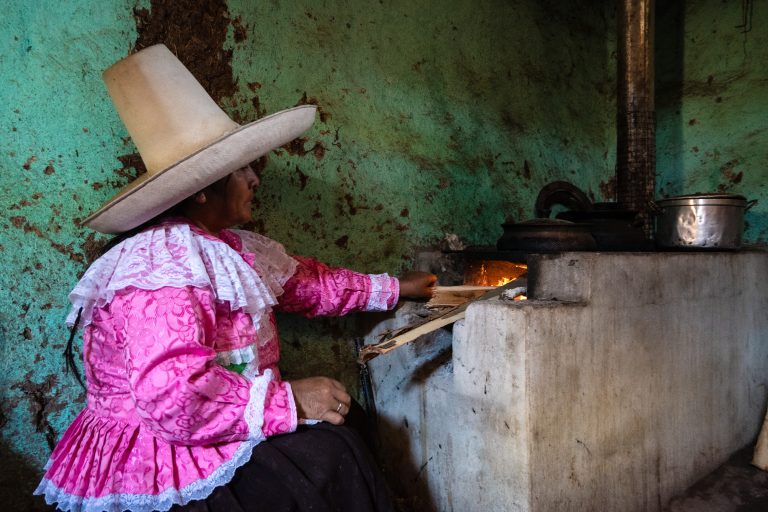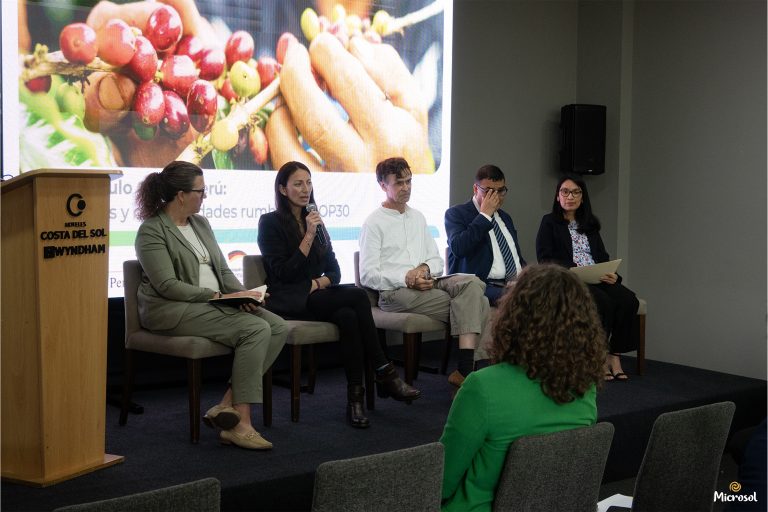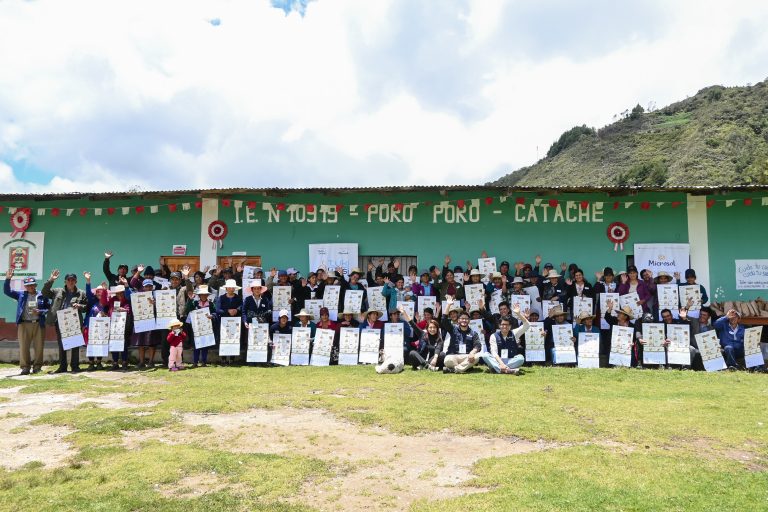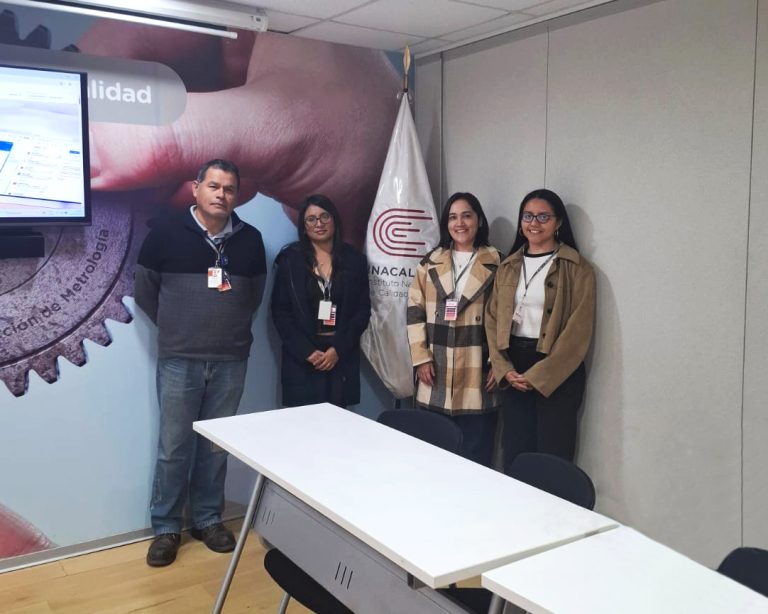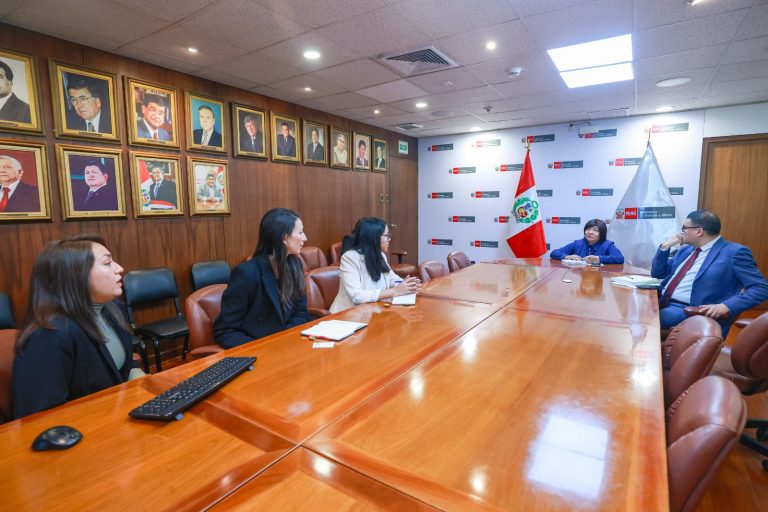We participated as speakers in two Side Events during the most important week for the fight against climate change at global level.
Last November 18, our president and co-founder Arthur Laurent and our general manager Yanna Gruel were part of two important panel discussions during the 29th Conference of the Parties (COP29) of the United Nations Climate Change Conference in Baku, Azerbaijan, where they shared the progress and experiences in the management of clean cooking programs and their contributions to reducing emissions globally.
Arthur Laurent participated as a panelist in the launch event of the National Registry of Mitigation Measures (RENAMI por sus siglas en español), organized by the Ministry of Environment of Peru and IETA, presenting our Tuki Wasi Program, which is the first program of improved cookstoves at regional level that is implemented following the mechanism of internationally transferred mitigation outcomes (ITMO), under Article 6.2 of the Paris Agreement. Through this space, Microsol shared its experience in the implementation of programs that are developed under international regulations and in the framework of bilateral agreements between countries to comply with the Nationally Determined Contributions (NDC).
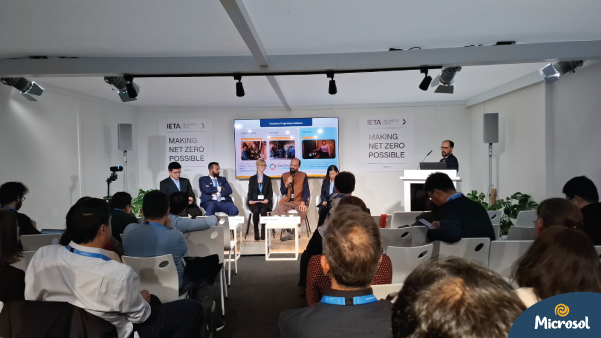
On the other hand, Yanna Gruel was part of the event “Advancing Clean Cooking Access in Africa, Latin America & the Caribbean: Triple Win for Nature, Gender & Health!”, promoted by Climate Champions Team, in collaboration with various organizations such as Global Methane Hub and the Inter-American Institute for Cooperation on Agriculture (IICA). At this meeting, Yanna and other innovation leaders discussed the environmental, social and public health impacts that clean cooking technology programs are generating in Africa, Latin America and the Caribbean, thanks to their efficiency and approach.
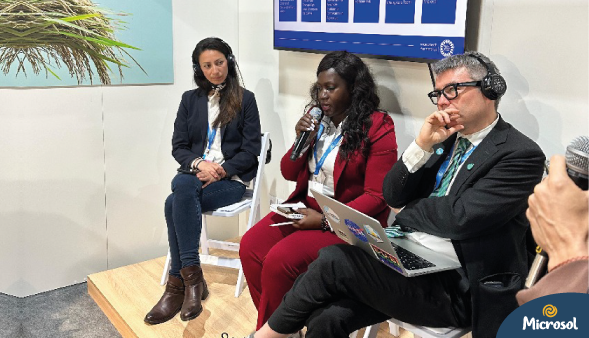
COP29, which took place from November 11 to 22, 2024, has put in the spotlight the urgent need to reach a consensus and mobilize climate finance, especially for developing countries, and the possibilities and opportunities that a global carbon market can generate for the fight against climate change, focusing mainly on Article 6 of the Paris Agreement. In addition, this summit has allowed us to learn about the large number of mitigation initiatives that exist around the world and their positive impacts on the environment.
As a social enterprise committed to environmental, economic and social sustainability, we are excited to have been able to share our learning and experiences in the path of climate action, through our clean cooking programs that contribute to the reduction of CO2 emissions in Latin America.
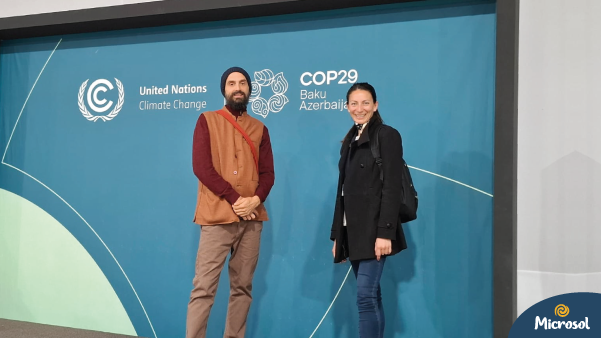
About the COP
La COP es el órgano supremo de toma de decisiones de la Convención Marco de las Naciones Unidas sobre el Cambio Climático, cuyo objetivo es es estabilizar las concentraciones de gases de efecto invernadero en el sistema climático. Todos los Estados que son “Partes” en la Convención están representados en la COP, en la que examinan la aplicación de la Convención y de cualquier otro instrumento jurídico que la COP adopte, y toman las decisiones necesarias para promover su aplicación efectiva, incluidos los arreglos institucionales y administrativos (UNFNCCC).
The COP is the supreme decision-making body of the United Nations Framework Convention on Climate Change, whose objective is to stabilize greenhouse gas concentrations in the climate system. All States that are “Parties” to the Convention are represented at the COP, where they review the implementation of the Convention and any other legal instruments adopted by the COP, and take the decisions necessary to promote their effective implementation, including institutional and administrative arrangements (UNFNCCC). The main objective of the COP is to review the national communications and GHG emission inventories submitted by the Parties. Based on this information, the Conference of the Parties assesses the effects of measures taken to address climate change and the progress made in achieving the ultimate objective of the Convention.


